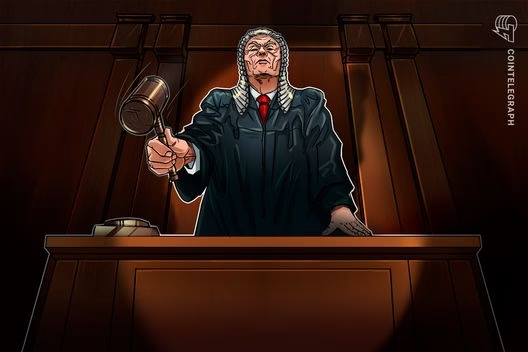In a significant legal development, two brothers from MIT, Anton and James Peraire-Bueno, are set to stand trial for their alleged involvement in a $25 million cryptocurrency fraud scheme. A US District Judge has ruled that the methods employed by the brothers, while innovative, still fall under established definitions of wire fraud, denying their attempt to have the charges dismissed.
The brothers are accused of exploiting a vulnerability within the Ethereum blockchain to carry out their flawed strategy. According to the government, they managed to steal the substantial sum in a mere 12 seconds by manipulating automated trading bots known as Maximal Extractable Value (MEV) bots, which are designed to prioritize profitable transactions.
Judge Jessica Clarke, presiding over the case, stated, “Taking the government’s allegations as true, which the court must do at this stage, the wire fraud statute provided defendants with adequate notice that their alleged conduct was criminal, despite any novel means used by defendants.” This marks a crucial moment in the evolution of cryptocurrency regulation as courts grapple with the complexities of digital finance and illegal activities within this domain.
As detailed in the indictment, the sophisticated scheme involved a four-step plan: bait, block, search, and propagation. The brothers allegedly set up 16 Ethereum validators and utilized lure transactions to attract the MEV bots into engaging with their fraudulent trades. This technical manipulation raises questions about the ethics and legality of tactics employed in the fast-evolving cryptocurrency landscape.
The defense has argued that their actions were not only condoned by the existing system but also that they themselves were victims of manipulative trading practices employed by their victims. They contended that the wire fraud statute did not adequately inform them that their actions were illegal, citing a Department of Justice memo aimed at avoiding regulatory overreach on digital assets. However, this argument did not resonate with Judge Clarke, who ordered that the brothers would go to trial, with proceedings expected to begin in October 2025.
As the trial approaches, the case remains in the pre-trial motions phase, with the brothers facing grave charges including wire fraud, conspiracy to commit wire fraud, and conspiracy to commit money laundering. Each of these charges carries the potential for severe penalties, highlighting the risks associated with the burgeoning world of cryptocurrency trading.







